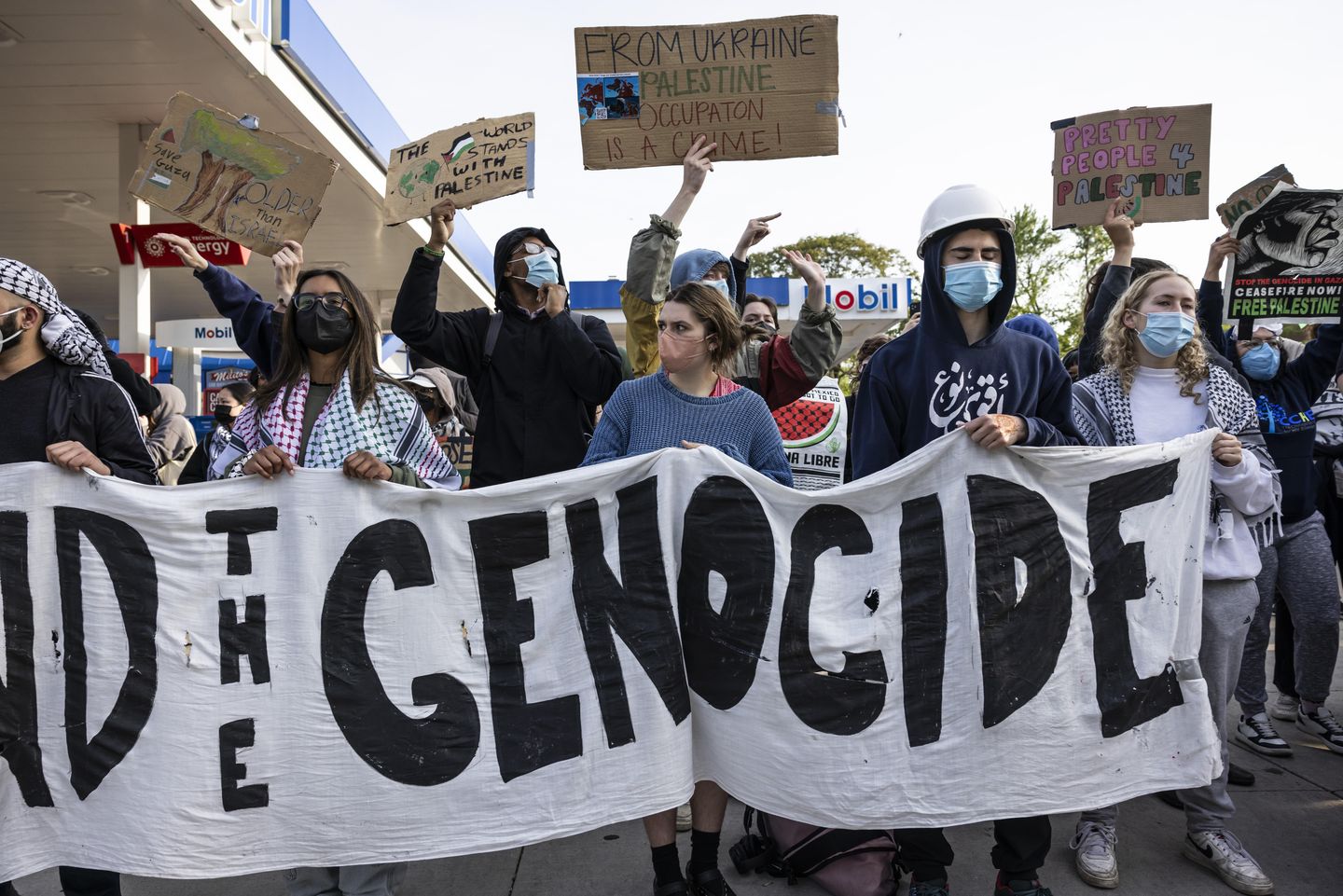
Colleges that respect students’ free expression outnumber those with restrictive speech codes for the first time in two decades, according to an annual report from a free-speech advocacy group. Here’s what you need to know about the college free speech improvement trends:
The milestone achievement
FIRE report shows historic shift in campus policies:
- Foundation for Individual Rights and Expression praised 73 colleges and universities
- Schools respect constitutional freedom for students to express themselves on hot-button topics
- Record high in database dating back to 2006
- Up by 10 schools since last year
The restrictive policy decline
“Red light” campuses with severe restrictions dropped significantly:
- Number of campuses with severely restrictive policies fell from 98 to 72
- Philadelphia-based group tracks restrictive “red light” policies on student expression
- First time in two decades that free-speech schools outnumber restrictive ones
- Represents major shift in campus speech environment
The bias reporting elimination
State and federal pressure prompted policy changes:
- More than dozen colleges ditched anonymous bias reporting policies
- Schools in Florida, Maine, Alabama and Massachusetts made changes
- Policies previously threatened to discipline students for “microaggressions”
- State and federal backlash led to policy reversals
The scrutiny effect
Report author cites multiple pressure sources:
- “We’re seeing a lot of schools revising their most speech-restrictive policies”
- Ryan Ansloan said there’s “arguably never been a brighter spotlight on them”
- “No school wants to be an outlier right now”
- Scrutiny coming from state governments, federal government, alumni, faculty, students, parents
The bias reporting background
Hundreds of campuses implemented complaint systems over past decade:
- Systems solicited anonymous complaints about offensive or unwanted campus speech
- Included complaints about social media satire
- Conservative students won lawsuits against several systems during Biden administration
- Administrators threatened discipline for expressing unpopular opinions
The lawsuit victories
Conservative students successfully challenged restrictive policies:
- Complaints involved discipline threats for opinions on affirmative action
- Also covered transgender pronouns and war in Gaza
- Students won lawsuits against several bias reporting systems
- Legal victories occurred during Biden administration
The Trump administration response
President signed executive orders supporting campus reforms:
- Trump signed “flurry of executive orders” supporting state efforts
- Orders target gender identity lessons, mandatory faculty diversity oaths
- Also address race-based admissions and hiring preferences
- Executive orders support purging controversial policies from colleges
The improved universities
Four schools upgraded to “green light” status:
- Clemson, Vanderbilt, Virginia Commonwealth and Dartmouth improved ratings
- Universities earned “green light” in FIRE’s latest report
- Constitutional law professor Josh Blackman said list confirms “Trump administration’s efforts are working”
- “Universities realize that they cannot restrict free speech and the free exercise of religion”
The Dartmouth achievement
Only Ivy League school to earn top rating:
- Dartmouth was only Ivy League school to earn green light this year
- FIRE upgraded university from yellow light in September
- School revised 2015 bias incident reporting policy
- Previous policy threatened punishment for “joke telling” and “stereotyping”
The Chicago statement influence
University of Chicago model gains widespread adoption:
- 113 university administrations, systems and faculty bodies adopted Chicago statement
- First Amendment advocates consider statement a gold standard
- Adopting schools include American University, Columbia University and Smith College
- FIRE tracks institutions modeling policies after Chicago approach
The implementation challenges
Scholar notes gap between policies and enforcement:
- Ilya Shapiro of Manhattan Institute says “policies that schools have on paper have been improving for years”
- “The problem is uneven, asymmetric, or non-enforcement”
- Shapiro earned law degree from University of Chicago
- Libertarian constitutional law scholar identifies enforcement gap
The remaining problematic schools
Some institutions still maintain restrictive policies:
- Among 72 red light schools, FIRE flagged private Villanova University
- School has broad ban on student flyers that offend “good taste”
- Policy prohibits content “abusive or demeaning to specific social groups”
- Bans materials that deny “respect for the dignity of individuals”
The database breakdown
FIRE categorizes 490 schools across rating system:
- Eight schools earned “warning” for not allowing speech conflicting with values
- Warning schools include Hillsdale College, Pepperdine University, West Point, Naval Academy
- Remaining 337 colleges earned “yellow light” rating for vague restrictions
- Schools range from conservative Christian institutions to military academies
The Ivy League improvements
Several elite schools upgraded from worst category:
- Harvard, Yale and University of Pennsylvania improved from red to yellow light
- Schools adopted policies of “institutional neutrality” toward politics
- Still maintain yellow light rating for vague expression restrictions
- Improvements represent progress from most restrictive category
The comprehensive reform need
Report author says more work needed:
- “While we’re happy to see many of the problematic policies…finally discarded”
- “Universities still need to take a more comprehensive reform approach”
- Ryan Ansloan emphasizes need to “improve the overall climate for free speech”
- Progress acknowledged but additional reforms necessary
Read more:
• Free speech group’s report finds college speech codes improving under Trump
This article is written with the assistance of generative artificial intelligence based solely on Washington Times original reporting and wire services. For more information, please read our AI policy or contact Ann Wog, Managing Editor for Digital, at awog@washingtontimes.com
The Washington Times AI Ethics Newsroom Committee can be reached at aispotlight@washingtontimes.com.











